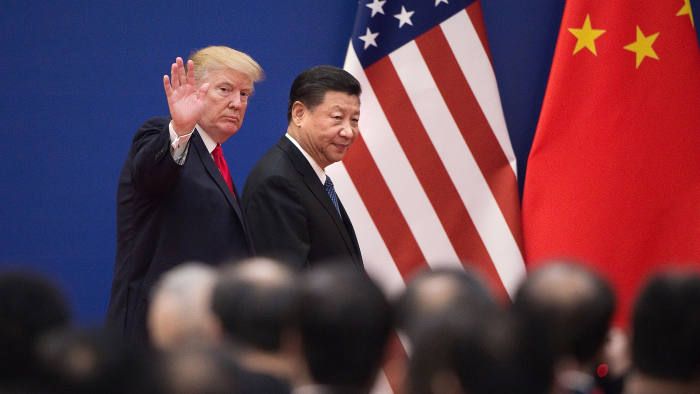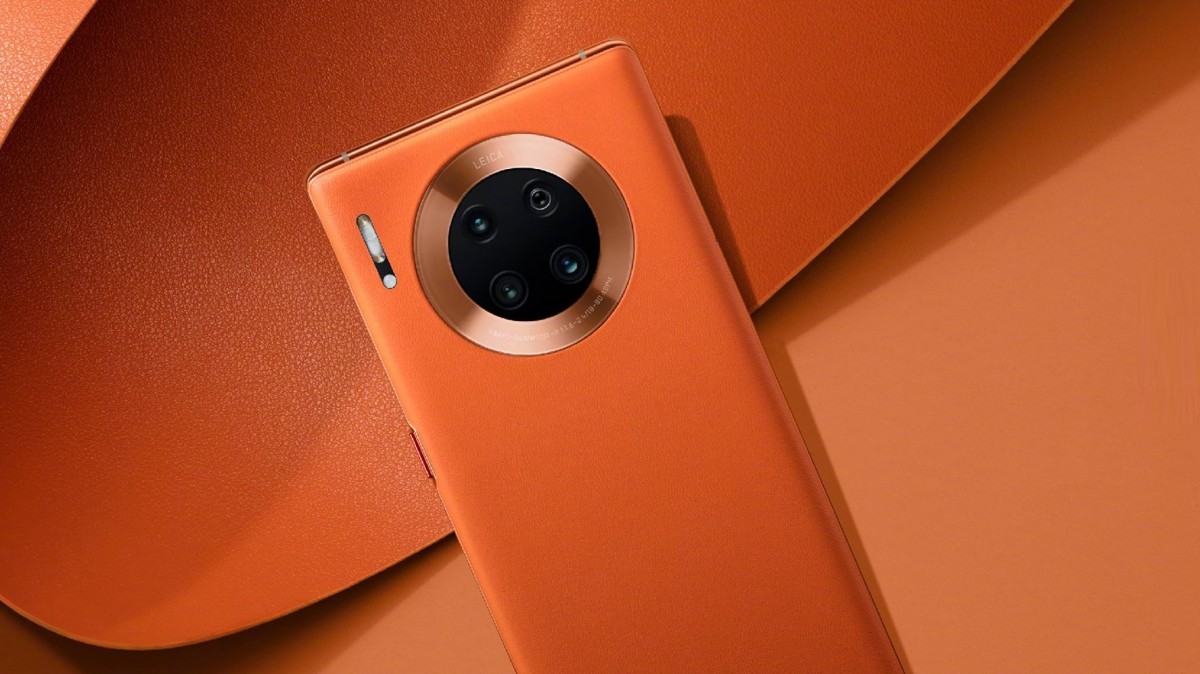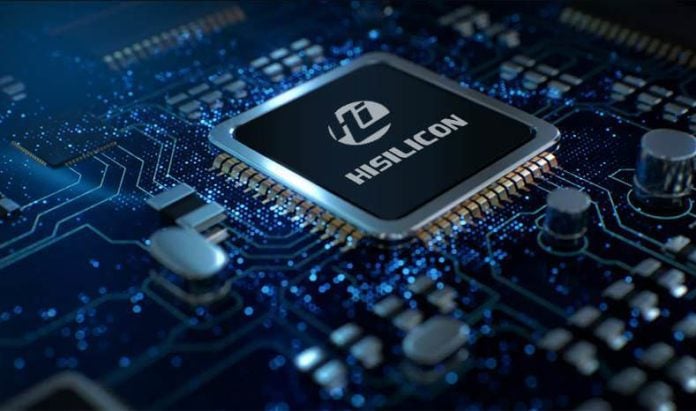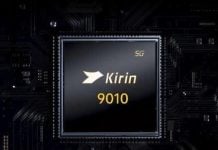According to a new report, Huawei will seek to continue developing and diversifying its supply chains. Bloomberg brought on Timothy Danks, the Vice President of risk management at Huawei Technologies, for an interview in which they discussed the future prospects of the company.
2020 for Huawei
2020 is going to be a challenge for the company, according to Danks who stated that the company has always had risk management in place for years that helped them cope with unforeseen complications. He even accredited the companies survival of 2019 to its smart future planning; a year which had seen the company face many complications in western regions like the US and a few European countries.

Political Obstacles
One of the main focus of 2020 for the company will be to address and mitigate the challenges it had faced in 2019. In other words, it plans to reduce and turn over the loses incurred due to political issues and move forward with the innovative development of its products.
Danks mentioned that the company hopes the situation doesn’t worsen for Huawei. However, the senior risk management executive also stated that the Chinese tech giant has prepared “Plan B” for events against the best interests of the company or its operations. These back-up strategies are claimed to cover various scenarios.
Licensing in the US
According to Danks, Huawei wishes to continue working with its western partners, namely Google and it’s Android OS support. Furthermore, Huawei has even planned contingencies if licensing agreements in the US fall short since the company is not informed regarding the entire licensing process.

For those unaware, US-based companies that wished to partner with blacklisted firms like Huawei have to gain official licenses issued by the US Government. Reportedly, over 290 companies from the US have applied for such licenses, which is indicative of the $12 billion the company buys from these companies in the form of products, services and more.
Huawei Android Smartphone Lineup
Notably, the risk management VP was also questioned about the viability of its Android smartphones outside of China without Google support. To answer this, Danks stated that Huawei Mate 30 Pro, a vanilla Android smartphone released without Google support, sold over 7 million units. The large figure apparently surpassed even its predecessor, the Mate 20 Pro. Thus, it can be surmised that the company will release otehr vanilla Android devices in the future if they need to.

Phase One Deal: The US and China Trade War
The senior executive also commented on the ongoing US-China trade disputes and the position of the company within the crossfires. Danks said its an unfortunate position for Huawei but is hopeful that the Phase One deal being signed between the two superpowers on 15th January 2020 would ease rising tensions.
Editor’s Pick: Huawei equipments are ‘Top Notch’ according to CEO of Canadian Telecom, BCE
The resolution between the two nations could also prove to be a boon for the company. It may even revitalize its position to a more healthier stance in the US markets as well.
Reducing reliance on the West
Huawei has been seeking to reduce its reliance on western-based corporations for a while now. The best example of it would be the development of its HiSilicon processing chips that its smartphones are equipped with. Previously, these were manufactured by ARM which has its roots based in the US. Now, the chipsets are manufactured without any US-based partnerships or technologies and are developed by non-US based suppliers.

Investment in AI
Artificial Intelligence (AI) is an emerging field in the IT sectors. Reports have claimed it to soon have a $15 trillion impact on various GDPs’ of nations all over the world. Huawei is not specifically developing AI but on how it can be applied for its vast variety of products including smartphones and other IoT devices, according to Danks.
Lastly, the Vice President of risk management also disclosed that Huawei had invested about $18 billion in AI in 2019 alone; and is planning to increase the investment in the arriving years. The company also plans on dedicating a large portion of the investment to AI development.
UP NEXT: Samsung and BMW to make the worlds first 5G capable Electric SUV by 2021
(Source)







